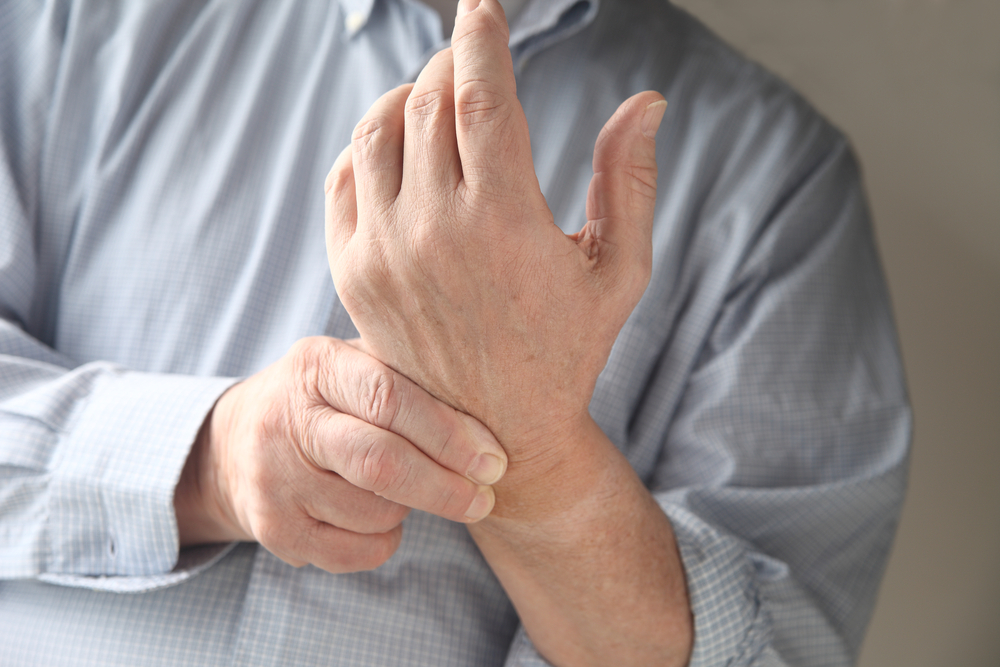
Inflammation indicates that your body is fighting off an infection or foreign pathogens, but sometimes it can cause pain.
What Is Inflammation?
In inflammation, your body’s white blood cells are working to fight off an infection or foreign body. When an area in your body is damaged, your immune system sends more blood to the area by enlarging the branches of your arteries. Then your body releases neutrophils, which are white blood cells. The neutrophils digest microorganisms, so you are less likely to get an infection.
Inflammation signals your body’s immune system to repair damaged tissue. If you did not have any inflammation at all, you could easily die from an infection. The problem is that too much inflammation can lead to pain because it can cause a few painful diseases. Excessive inflammation can lead to issues, such as heart disease and strokes.
Inflammation and Pain
In some cases, your inflammation may become chronic. This may happen because of a virus your body cannot eliminate, foreign bodies in your system, or an overactive immune system. Chronic inflammation is usually much slower than acute inflammation. Chronic inflammation can lead to tissue death, thickening, and scarring.
Having chronic inflammation can lead to a variety of disorders that cause you pain.
- Arthritis: Some types of arthritis, such as rheumatoid arthritis, psoriatic arthritis, and gouty arthritis, are caused by inflammation. This happens when your body’s immune system damages your tissue.
- Cancer: Some types of inflammation can lead to DNA damage, eventually causing cancer.
- Plaque buildup: When plaque builds up in your arteries, you are at a higher risk for a stroke or a heart attack.
- Alzheimer’s disease: Chronic inflammation can cause Alzheimer’s disease and other neurodegenerative diseases. This is because inflammation can kill neurons in the brain.
Even if you do not have any of these diseases, you can still have severe pain from inflammation. This is because inflammation presses against your nerve ending, sending pain signals to the brain. You may feel stiff or extremely uncomfortable in the affected areas. Chronic inflammation can also lead to other painful symptoms.
- Chest pain
- Excessive tiredness
- Rash
- Joint pain
- Fever
Causes
Just because you have inflammation does not mean you have an infection. However, an infection can cause chronic inflammation. If your body can’t entirely fight off the virus or pathogen, causing the disease, you might develop chronic inflammation over time.
Being exposed to pollutants for long periods can also cause inflammation. These include polluted air and industrial chemicals. Smoking and alcohol may also lead to chronic inflammation.
Sometimes it is not clear what is causing chronic inflammation. More research is needed to find the patterns in the causes of chronic inflammation.
Inflammation Treatment
Because it is not entirely clear what leads to chronic inflammation, there is no one treatment for it. However, natural remedies may help reduce or prevent swelling.
One study in 2018 showed that people who followed a Mediterranean diet had overall less inflammation than those who did not. The foods in the Mediterranean diet are often high in antioxidants and polyphenols. It includes food such as olive oil, nuts, fatty fish such as salmon, and leafy greens.
Spices may also help treat inflammation. Cayenne, ginger, and garlic have all been shown to have anti-inflammatory properties. And supplements such as lipoic acid and curcumin can also help reduce inflammation.
Fletcher Chiropractic can help realign the vertebrae in your spine, which can help reduce or stop the production of inflammation-causing neuropeptides. Adjustments from Fletcher Chiropractic can also help prevent cytokines from building up. We can also offer you advice on how nutrition can help reduce your inflammation.
